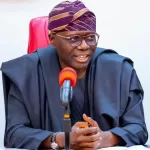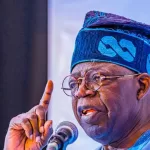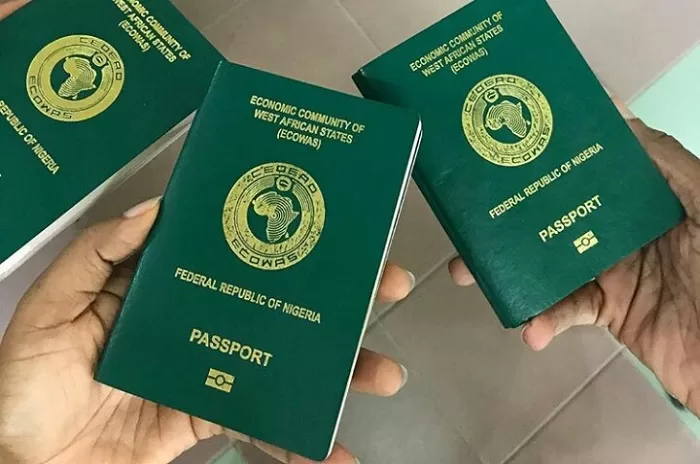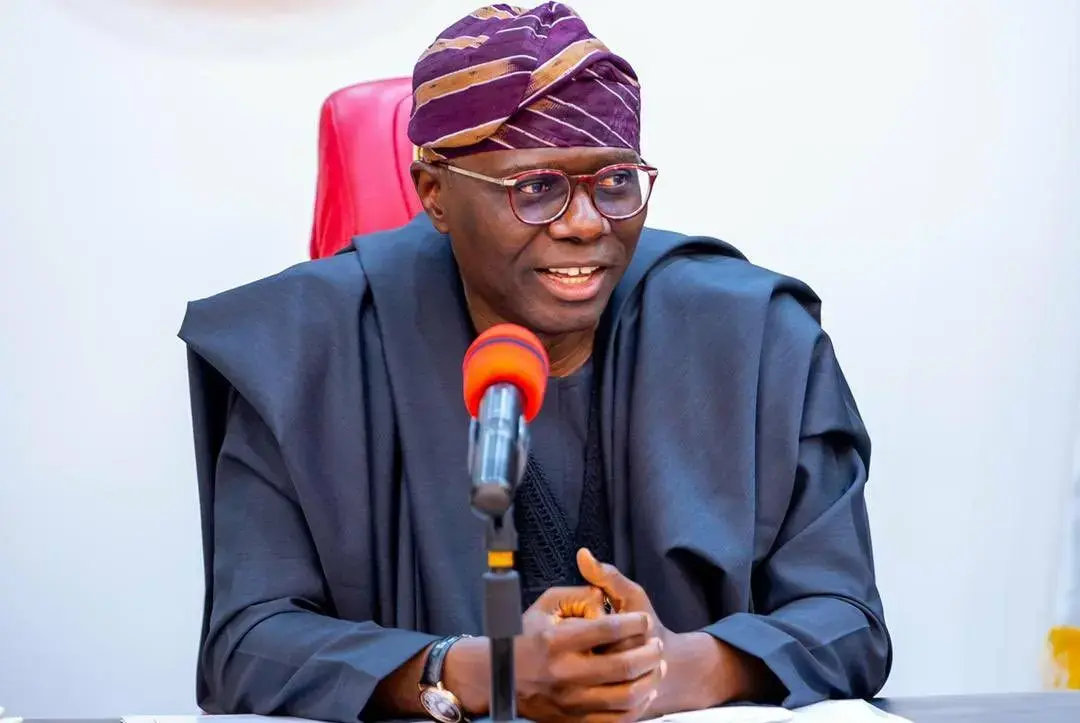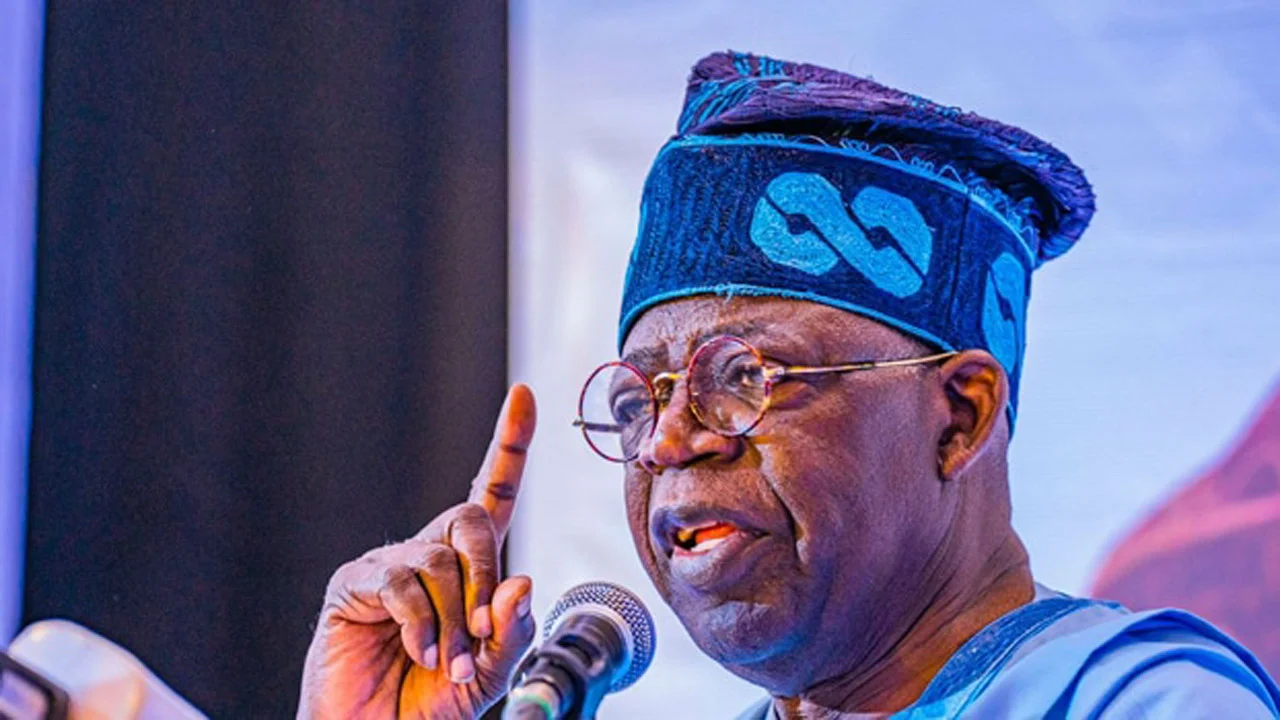In a significant diplomatic development, Ethiopia, Turkey, and the United Arab Emirates (UAE) have revoked previously granted visa privileges for Nigerian passport holders.
This shift, which includes the suspension of visa-on-arrival, e-visa, and direct passport issuance, marks a considerable change in travel accessibility for Nigerians.
Turkey, once known for its seamless e-visa process for Nigerian citizens, has now ceased this privilege.
In a similar move, the UAE banned Nigerian nationals and other African countries from entering Dubai in 2022, a restriction still in place despite numerous interventions by the Nigerian government. Aviation Minister Festus Keyamo mentioned a potential lifting of the UAE ban in October, though its actualization remains uncertain.
Additionally, Ethiopia halted its visa-on-arrival policy for Nigerians two years ago and has yet to reverse this decision. Airlines have since advised passengers to obtain visas from the Ethiopian embassy in Abuja before traveling.
Bolanle Olukanni, daughter of former Nigerian Commissioner to Australia Ambassador Ayoola Olukanni, recently expressed her frustration on social media about the difficulty in obtaining visas, citing her parents’ denial due to concerns they might not return.
Olukanni highlighted the devaluation of the Nigerian passport, sharing that her father, a retired ambassador with over 30 years of service and extensive international experience, was denied a Schengen visa by the Austrian embassy.
“Do you realize the lack of diplomacy and courtesy and disregard for a country to deny a former foreign service officer a visa?” she lamented.
Visa application challenges are not limited to Europe and the Middle East. Nigerian passport holders also face delays and denials in South Africa, affecting the number of study visas issued, which saw a decline last year.
Oritseweyinmi Oritsejafor, a client advisor at Henley & Partners, emphasized the restricted mobility of Nigerian passport holders, who have visa-free access to only 45 destinations, representing a mere 1.5% of global GDP.
Oritsejafor noted that Nigerian millionaires must navigate cumbersome foreign policy hurdles to access global economic opportunities, underscoring the need for improved passport power.
The Henley Opportunity Index, which evaluates investment migration destinations, ranks Nigeria low in opportunity scores compared to countries like Malta, Spain, the USA, and Switzerland.
The Henley Passport Index recently listed Nigeria among the countries with the weakest passports, with visa-free access to only 46 countries. This ranking places Nigeria alongside nations like South Sudan, Congo, and Libya.
In contrast, Singapore now holds the title for the world’s most powerful passport, surpassing Japan.
Bankole Bernard, Group Managing Director of Finchglow Holdings, emphasized that proper documentation is crucial for visa approvals and criticized the lack of knowledge among some agencies assisting applicants.
Susan Akporaiye, former president of the National Association of Nigerian Travel Agencies (NANTA), called for increased diplomatic engagement to reduce visa denials and urged Nigerians to follow proper processes when relocating abroad.
As Nigeria navigates these diplomatic challenges, the need for robust foreign policy and effective engagement with international counterparts becomes increasingly vital to restore and enhance the mobility and global standing of Nigerian passport holders.




